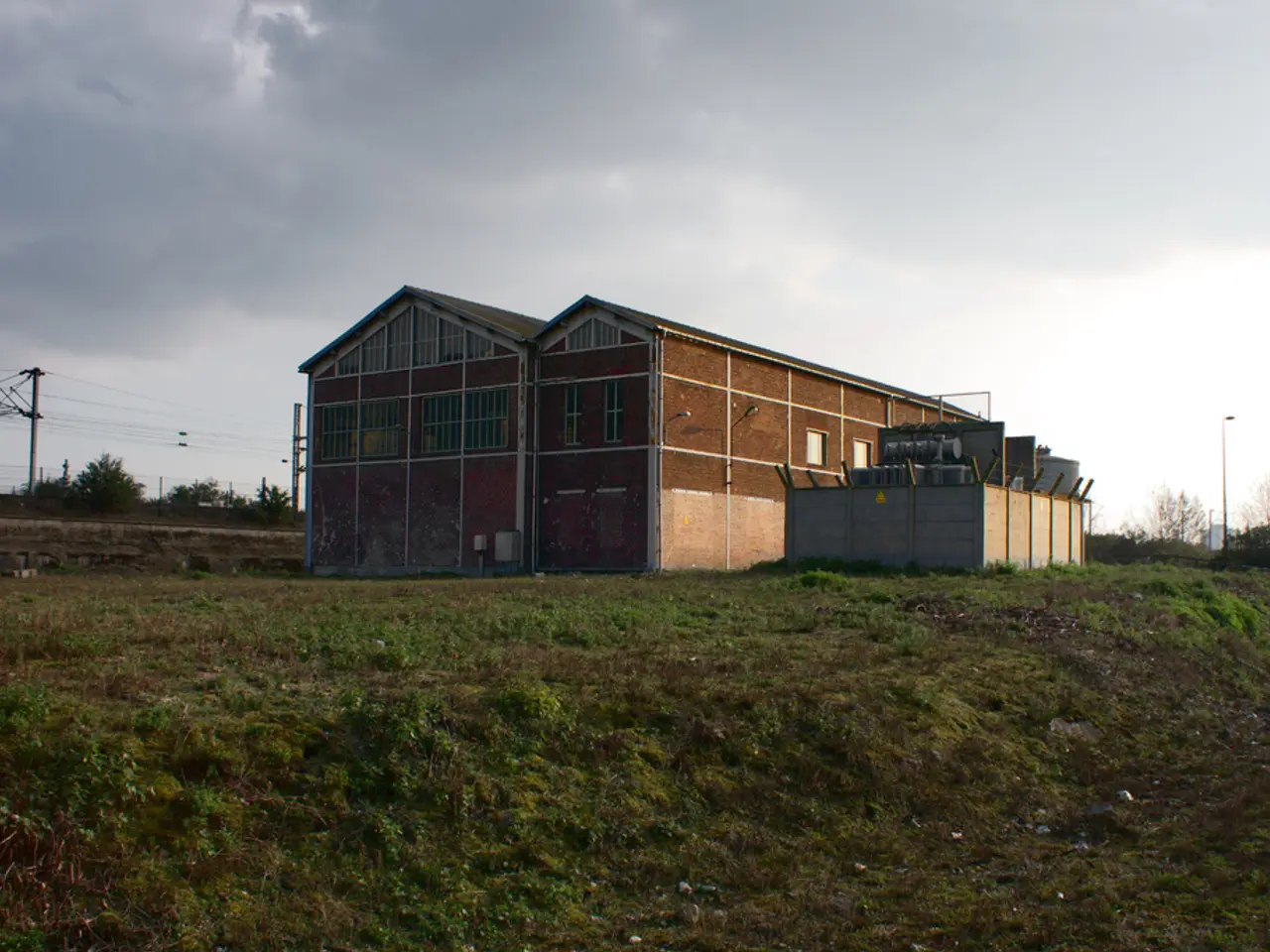A mere 17% of inhabitants in Eastern Germany hold faith in their government
In a concerning development, trust in the state's ability to act has plummeted to a new low of 73 percent, according to recent surveys. This record-breaking figure is a reflection of the challenges the state faces in various areas, including asylum and refugee policy, social security and pensions, schools/education, taxes/finances, internal security, and healthcare.
The survey also revealed that 30 percent of citizens have observed public service employees being hindered, harassed, insulted, or attacked. Particularly affected are bus and tram drivers, according to dbb. These incidents are a matter of grave concern, with Volker Geyer, dbb chairman, warning against hostility towards public service employees, citing potential extreme cases of hate and violence.
Citizens are offering suggestions for improvement. Eighty-five percent suggest fewer regulations as a way to streamline government agencies, while 58 percent want clearer regulation of individual government agencies' responsibilities. Additionally, 66 percent of citizens want more online services from government agencies, and 79 percent want faster processing times.
Volker Geyer has called for a debate on the future tasks and capabilities of the state, noting the tight budget and "increasingly dramatic" shortage of personnel as reasons for the necessary discussion. He also highlighted the overwhelming tasks perceived to overburden the state, such as addressing large financing gaps in the federal budget, substantial investments in infrastructure, security, and defense, and managing a complex social welfare system that requires reform for clarity, efficiency, and targeted assistance. Challenges related to migration policy and the resulting pressure on local services such as schools, as well as significant administrative bureaucracy needing structural changes, are also causing concern.
Interestingly, trust in the state varies significantly across the country. In Eastern Germany, only 17 percent believe the state is capable of fulfilling its tasks, compared to 24 percent in the West. This disparity underscores the need for a comprehensive and inclusive discussion on the state's future role and capabilities.
The survey also revealed an interesting political divide in trust levels. Supporters of the SPD and Greens have more than 40 percent trust in the state, while those of the Union and Left have around one-third each, and AfD supporters have only 4 percent. Furthermore, those with a primary school education trust the state 16 percent of the time, significantly less than those with a high school diploma or university degree (29 percent).
In a somewhat positive note, about one in five believes that the current black-red federal government will strengthen the state's performance more than the previous government of SPD, Greens, and FDP. However, with the overwhelming tasks facing the state and the record low trust levels, there is a pressing need for a national conversation on the future of the state and its capabilities.
Read also:
- ICE directed to enhance detention conditions following NYC immigrants' allegations of maltreatment
- Israeli finance minister issues warnings about potential annexation of West Bank territories
- United States faces rebuttal from South Africa over allegedly deceitful human rights report and assertions of land expropriation
- Accident at Rodalben Results in Injuries; Geoskop Area near Kusel Affected After Stormy Weather








